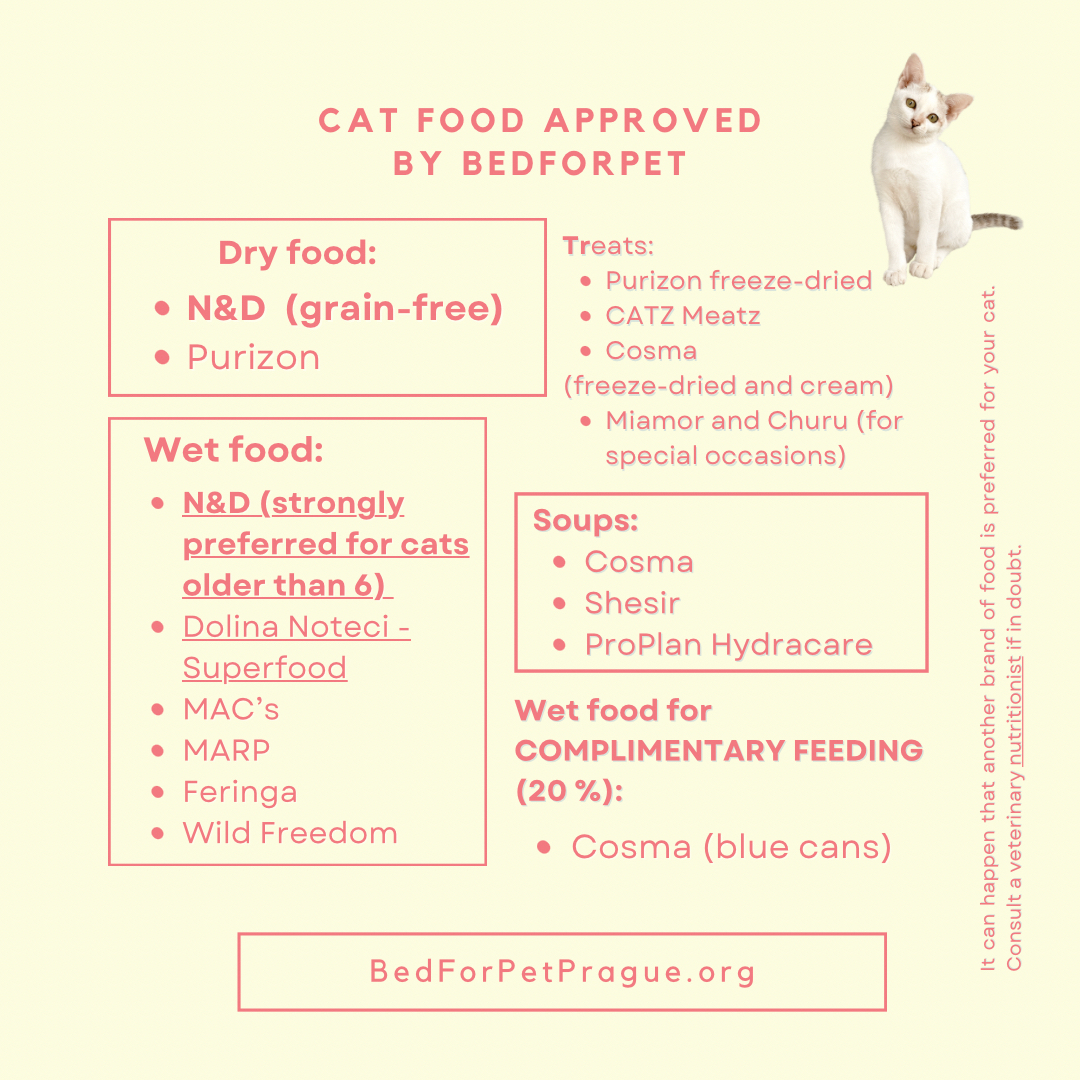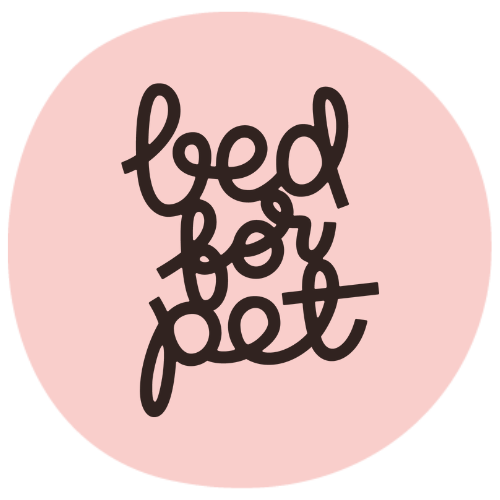Cats are obligate carnivores. Animal protein is the basis of their nutrition.
In order for a cat to be healthy, high quality animal protein must form the basis of her diet. The quality of protein is determined by the balance of the 10 essential amino acids in its composition. If any amino acid is missing from the diet, the cat will begin to develop serious health problems. That is why it is important to make sure that the food your cat gets specifies what kind of protein it contains.
Arginine, for example, affects the excretion of ammonia through the urine. In the absence of this amino acid in a cat's diet, the level of ammonia in the blood becomes toxic and leads to vomiting, ataxia, coma and death. Lack of taurine leads to retinal atrophy, developmental disorders, heart problems, etc.
How to determine the quality of protein in your cat’s food
Examples of high quality protein sources in the composition (the required minimum is 35%):
- Fresh duck/rabbit/turkey/chicken meat, etc.
- Dehydrated chicken/duck/turkey meat, etc.
- Dehydrated chicken filet
- Fresh herring (23%)
- Dehydrated herring (23%)
Examples of lower digestibility protein or incomplete protein sources:
- Animal protein (poultry and poultry by-product, ocean fish)
- Meat and animal derivatives
- Fish and fish derivatives
- Meats and derivatives (29%, of which 4% beef)
- Poultry by-product meal
- Soybean meal
- Poultry by-products
- Vegetable protein extracts
Wet or dry food?
The main reasons why wet food is preferred:
At BedForPet we prefer wet food or wet and dry food based on experience and consultation with veterinary gastroenterologists (it is important to choose foods that contain all the substances a cat needs, based on the proportions. Some wet food, for example, does not contain enough taurine, and therefore cannot be the basis of nutrition, but only as a supplement to a balanced dry food). Wet food that contains mostly meat is preferred.
- Low carbohydrate content
- High moisture content
At BedForPet we prefer wet food or wet and dry food based on experience and consultation with veterinary gastroenterologists (it is important to choose foods that contain all the substances a cat needs, based on the proportions. Some wet food, for example, does not contain enough taurine, and therefore cannot be the basis of nutrition, but only as a supplement to a balanced dry food). Wet food that contains mostly meat is preferred.

Carbohydrates in cat food
When choosing a food, you should pay attention to the ingredients that are in the first place on the list. It is acceptable, but not desirable, if there’re some grains in small amounts, but if cereals or corn are listed in the first place, we wouldn’t recommend such for an average cat.
Whole spelt, oats, quinoa, rice, potato, barley and pumpkin are the ingredients that may be present in fine cat food and usually are well-tolerated as long as the main ingredient of the food is high-quality animal protein.
The black list of ingredients in cat food:
- Colorants (for example: E122, E128, E129, E142, E127)
- Artificial antioxidants: BHA (E320), BHT (E321), Ethoxyquin and propyl-gallate
- Color Fixative agents
- Sugar
Individual needs
There’s some really bad cat food, but there is no perfect one for all. You need to find the right food for your cat. Even the "perfect" composition does not guarantee that the cat will digest it.
A cat may have an intolerance to certain proteins or carbohydrates. It is not uncommon to have an intolerance to soy, and sometimes corn causes a reaction. Symptoms are not always obvious. The cat may seem tired, experience increased drowsiness or bloated abdomen. If you notice these or other unusual symptoms, be sure to see your veterinarian. There may be many reasons for that, and inappropriate
diet is one of them.
A cat may have an intolerance to certain proteins or carbohydrates. It is not uncommon to have an intolerance to soy, and sometimes corn causes a reaction. Symptoms are not always obvious. The cat may seem tired, experience increased drowsiness or bloated abdomen. If you notice these or other unusual symptoms, be sure to see your veterinarian. There may be many reasons for that, and inappropriate
diet is one of them.
Optimal water intake
Ensure access to fresh, clean water. The water should be changed at least once, but preferably twice a day. If your 🐱 doesn’t drink often enough, try offering her extra water in a faceted glass or a cup. Some cats also like fountains. Felines who don’s drink enough often face kidney and urinary system problems, lack of water in the body is bad for the nervous system, respiratory function and skin elasticity. For 🐱🐱 who eat dry food, adequate water intake is critical.
Exactly how much your cat should drink per day depends on her weight, health condition (cats prone to urinary problems should drink more), type of diet and climate.
Approximately, 🐈 weighing 3 kg should drink 150 ml of water per day, i.e. 50 ml. per 1 kg of weight.
Exactly how much your cat should drink per day depends on her weight, health condition (cats prone to urinary problems should drink more), type of diet and climate.
Approximately, 🐈 weighing 3 kg should drink 150 ml of water per day, i.e. 50 ml. per 1 kg of weight.
This article was written by a huge fan of cats for giving a general overview of the topic of cat nutrition. The author is neither a veterinarian nor a cat nutritionist. The information provided in this article is not intended as a substitute for advice from a certified professional.


